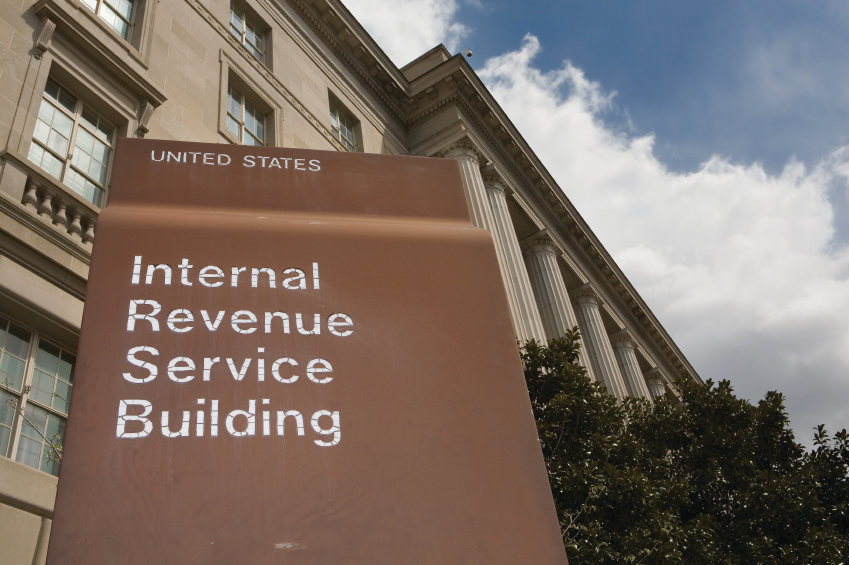The Treasury Department and the IRS on Sept. 8 issued initial guidance on the capitalization and amortization of specified research or experimental (SRE) expenditures under Section 174 of the tax code until proposed regulations are released.
Section 174 of the Internal Revenue Code has undergone significant changes in recent years, with the 2017 Tax Cuts and Jobs Act (TCJA) requiring mandatory capitalization and amortization of Section 174 SRE costs for tax years beginning on or after Jan. 1, 2022.
The new provisions call for taxpayers to charge SRE expenditures, including software development costs, to a capital account and amortize them over a five-year period in the U.S. (or a 15-year period in the case of SRE expenditures attributable to foreign research).
These expenditures include labor costs, supply costs, amounts paid to third-party contractors, and overhead costs (rent, utilities, maintenance, depreciation, etc.).
Section 13206(a) of the TCJA added new Section 174(d) to provide that “deductions of SRE expenditures may not be taken on account of the disposition, retirement, or abandonment of property with respect to which such SRE expenditures are paid or incurred. If such property is disposed of, retired, or abandoned during the applicable Section 174 amortization period, Section 174(d) requires that the amortization deductions for such SRE expenditures continue over that period.”
Notice 2023-63, which the IRS issued last Friday, includes:
- Interim rules on the capitalization and amortization of SRE expenditures under Section 174, as amended by the TCJA;
- The treatment of SRE expenditures under Section 460; and
- The application of Section 482 to cost-sharing arrangements involving SRE expenditures.
In addition, Notice 2023-63 says taxpayers generally may rely on the interim guidance set forth in sections 3 through 9 of the notice until the proposed regulations are published. However, taxpayers may not rely on the rules for SRE expenditures paid or incurred with respect to property that is contributed to, distributed from, or transferred from a partnership, the IRS said.
Thanks for reading CPA Practice Advisor!
Subscribe Already registered? Log In
Need more information? Read the FAQs
Tags: Income Taxes, IRS, Taxes




